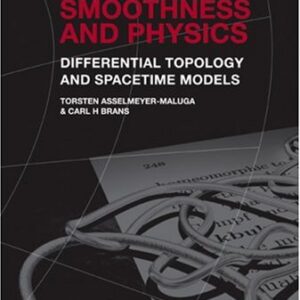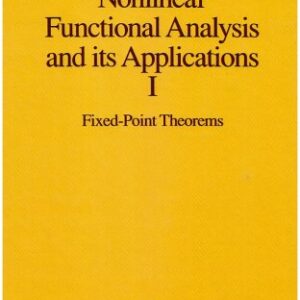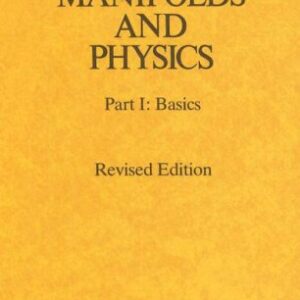For physicists, mechanics is quite obviously geometric, yet the classical approach typically emphasizes abstract, mathematical formalism. Setting out to make mechanics both accessible and interesting for non-mathematicians, Richard Talman uses geometric methods to reveal qualitative aspects of the theory. He introduces concepts from differential geometry, differential forms, and tensor analysis, then applies them to areas of classical mechanics as well as other areas of physics, including optics, crystal diffraction, electromagnetism, relativity, and quantum mechanics. For easy reference, the author treats Lagrangian, Hamiltonian, and Newtonian mechanics separately — exploring their geometric structure through vector fields, symplectic geometry, and gauge invariance respectively. Practical perturbative methods of approximation are also developed. This second, fully revised edition has been expanded to include new chapters on electromagnetic theory, general relativity, and string theory. ‘Geometric Mechanics’ features illustrative examples and assumes only basic knowledge of Lagrangian mechanics.

![[PDF] Geometric mechanics: toward a unification of classical physics Richard Talman](https://pdfelite.com/wp-content/uploads/2024/04/c76b54b501062781d91c5be9a1d7a09f-d.jpg)




Reviews
There are no reviews yet.